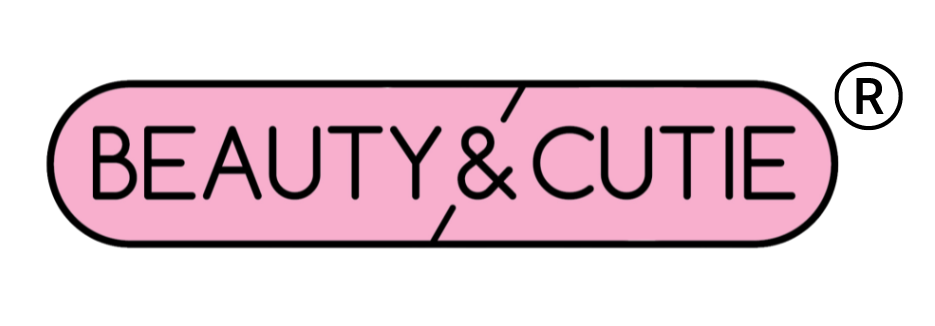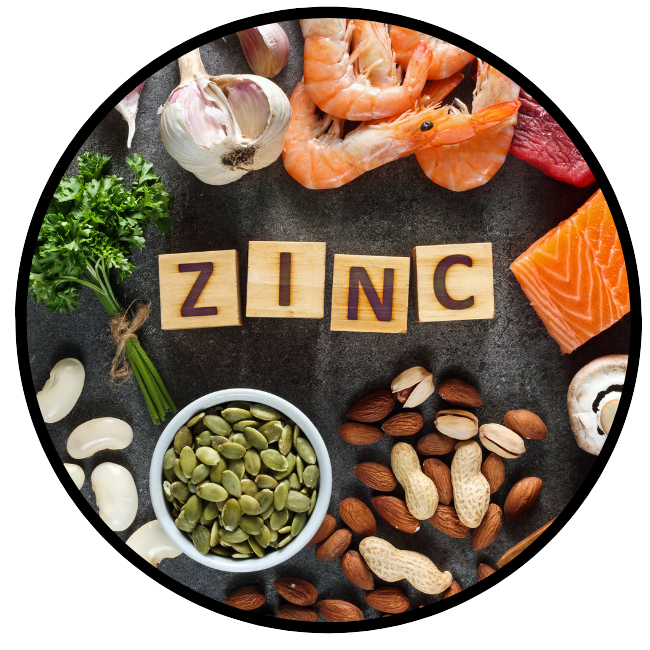
WHAT IS ZINC?
Zinc is a metal and an essential nutrient for our general health. There is no effective long-term storage of Zinc available in our bodies, so we must acquire it through our diet or via supplementation. Foods that are high in zinc include:
- Oysters (the best source by far)
- Beef, Turkey, Pork, Lamb
- Beans
- Nuts
Though zinc is found as an ingredient in many multivitamins, it can be in one of several different compounds. Commonly observed on supplement labels are zinc gluconate, zinc citrate, and zinc sulfate. We use zinc bisglycinate, which is a fancy way of saying that we use a compound with a zinc atom bonded to two glycine molecules1. Glycine is just an amino acid2, and amino acids as you may recall are the building blocks of proteins.
But with all these different forms, how do you know which one is best? The most important aspect is bioavailability (how much of the Zinc is actually retained by your body after ingestion). The zinc in zinc bisglycinate has been shown to be more bioavailable3 for your body compared to the zinc gluconate form, while a previous study had already shown no difference in bioavailability4 of Zinc between zinc gluconate and zinc citrate5. Zinc sulphate has also been demonstrated6 to have low absorption of Zinc7 and therefore poor bioavailability.
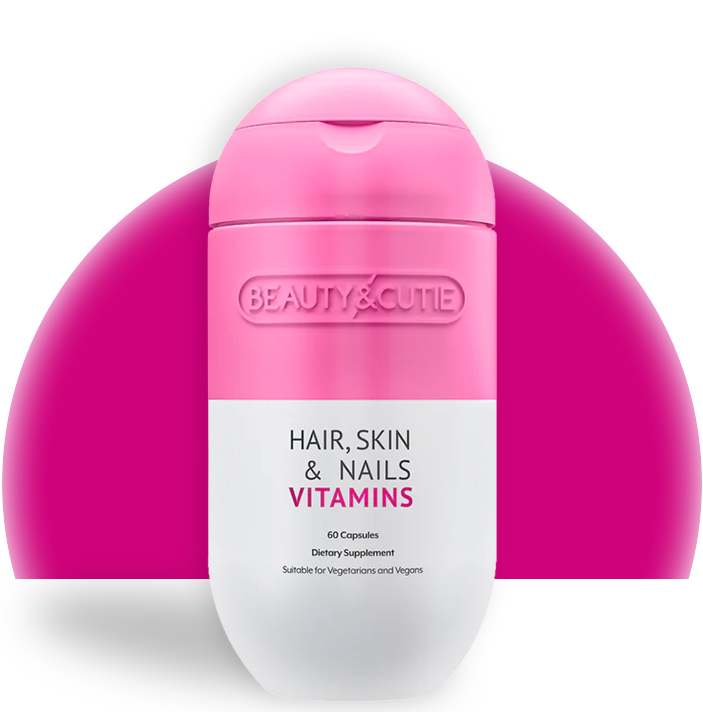
Beauty & Cutie
In our product we use zinc Bisglycinate, which is has been shown to be more bioavaialbe for your body compared to other forms of zinc
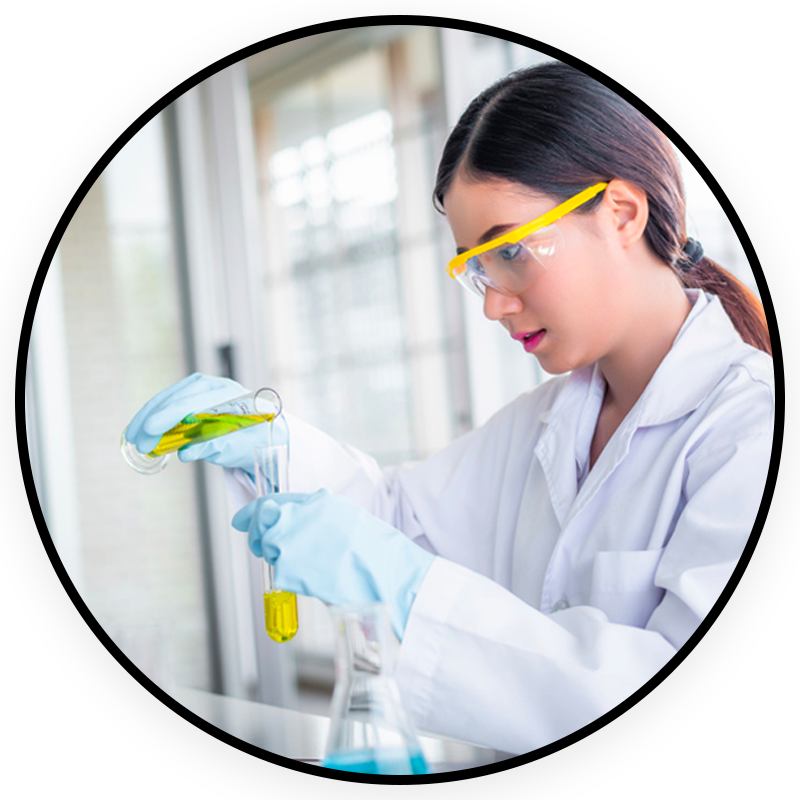
WHY IS ZINC IN MY PRODUCT?
Zinc is essential for our health and deficiencies of this important nutrient can lead to diseases and conditions8 including:
- Acrodermatitis enteropathica (from severe Zn deficiency resulting in abnormal blistering, pimples and pustules, hair loss, rash, diarrhea and even death)
- Slowed growth
- Rough skin
- Loss of appetite
- Immune system dysfunction
Zinc has a multifaceted role in our health. It is an essential metal contained in over 300 enzymes9 in our bodies, critical for aiding in the metabolism of proteins, carbohydrates, fats and alcohols10. It is also an important contributor to cell division and DNA synthesis. And if that wasn’t enough, it also aids our immune system11 and assists with tissue growth and wound healing12. Zinc can also act as an antioxidant13 in many different manners, such as by inhibiting the production of certain “bad” enzymes that catalyse production of reactive oxygen species (ROS) or through its incorporation in “good” enzymes that convert ROS into more harmless molecules.
WHAT IS THE ROLE OF ZINC FOR HAIR, SKIN AND NAILS?
Zinc has a large presence in the skin, its concentration is the third-highest amongst14 all tissues in the human body. Its concentration is highest15 in the outermost layer of skin (the epidermis). It has many functions within the skin, including its role as a key contributor to the growth and regeneration15 of keratinocyte cells (KC), which comprise roughly 90% of your outermost skin cells, as well as in other types of cells that help maintain the integrity16 of the junctions between the KCs (if the KCs are the bricks, the junctions between them are the mortar). Maintaining the integrity of the outermost layers of your skin helps prevent invasion from bacteria and fungi and to regulate the moisture content of the skin.
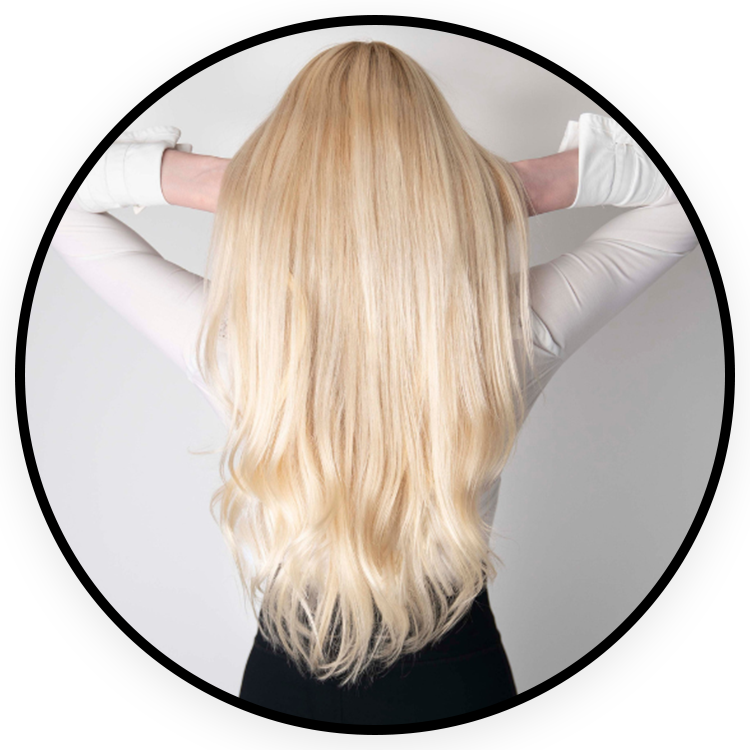
Zinc is also a key contributor in every aspect of wound healing16, from the initial inflammatory response17 to the regeneration of your skin.
Deficiencies in zinc have also been linked to temporary hair loss and distortions and discoloration of finger and toe nails18. Given the importance of zinc in the production of KCs, which produce the keratin in your hair and nails, it is not surprising that a lack of Zn has been linked to poor nail health including the formation of ridges19 in the nails and brittle nails20. Other changes that may be observed in hair with insufficient zinc include loss of color, dryness, and brittleness, possibly it might also affect eyebrows and eyelashes21.
Zinc has also been linked to aiding in oral healthcare22 by reducing dental tartar formation which gives rise to plaque build-up and tooth discoloration, as well as reducing the incidence of bad breath and helping prevent against more serious periodontal disease23.
Zinc plays such an important role in our bodies and the health of our skin, hair, and nails, so it is essential that we maintain a sufficient supply in our bodies. Given the types of foods where Zinc is found to be in high concentration, those subscribing to vegan or vegetarian diets should be particularly mindful of their Zinc ingestion. Even in developed countries where one might think Zinc deficiency would not be a problem, it still persists, and especially24 with those over age 60. It is also very important for infant growth and development, and as such pregnant women25 should also ensure they are receiving an adequate supply of zinc.
References:
- https://pubchem.ncbi.nlm.nih.gov/compound/Zinc-glycinate#section=Parent-Compound
- https://pubchem.ncbi.nlm.nih.gov/compound/Glycine
- https://pubmed.ncbi.nlm.nih.gov/18271278/
- https://pubmed.ncbi.nlm.nih.gov/3630857/
- https://pubmed.ncbi.nlm.nih.gov/24259556/
- https://pubmed.ncbi.nlm.nih.gov/20959856/
- https://www.mountsinai.org/health-library/supplement/zinc
- https://www.ncbi.nlm.nih.gov/pmc/articles/PMC3649098/
- https://pubmed.ncbi.nlm.nih.gov/29324654/
- http://bergenhelse.no/wp-content/uploads/2019/06/A-potential-medicinal-importance-of-zinc-in-human-health-and-chronic-disease.pdf
- https://pubmed.ncbi.nlm.nih.gov/11115789/
- https://pubmed.ncbi.nlm.nih.gov/22071549/
- https://pubmed.ncbi.nlm.nih.gov/25200490/
- https://pubmed.ncbi.nlm.nih.gov/27288087/
- https://pubmed.ncbi.nlm.nih.gov/29439479/
- https://pubmed.ncbi.nlm.nih.gov/30622978/
- https://pubmed.ncbi.nlm.nih.gov/29295546/
- https://pubmed.ncbi.nlm.nih.gov/23159185/
- https://pubmed.ncbi.nlm.nih.gov/20620759/
- https://pubmed.ncbi.nlm.nih.gov/22565422/
- https://www.ncbi.nlm.nih.gov/pmc/articles/PMC3746228/
- https://pubmed.ncbi.nlm.nih.gov/21762155/
- https://pubmed.ncbi.nlm.nih.gov/32235426/
- https://ods.od.nih.gov/factsheets/Zinc-HealthProfessional/
- https://pubmed.ncbi.nlm.nih.gov/27317042/
